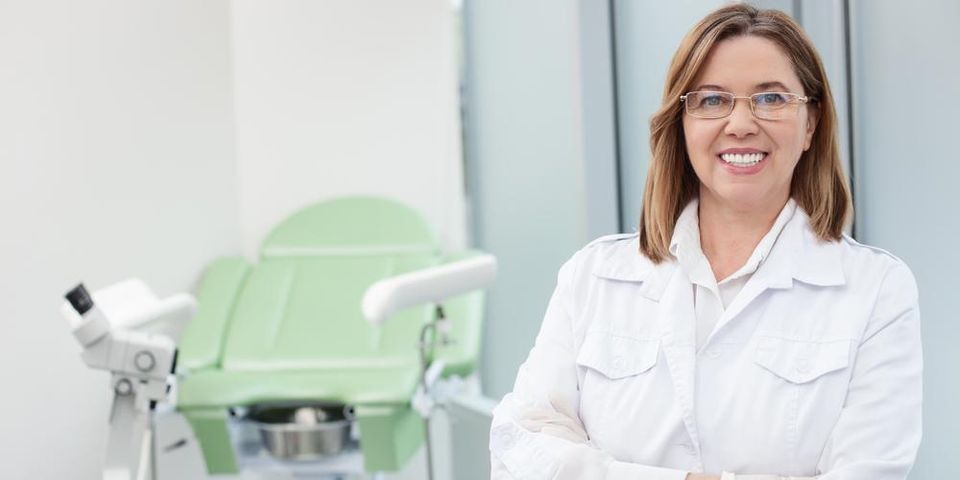5 Things to Expect During Your First Visit With a Local Gynecologist

Many women’s health specialists recommend young women start visiting their local gynecologist as early as age 13—even if there are no pregnancy or sexual activity concerns. While this initial visit can seem intimidating, Thameside ObGyn Centre reminds patients it’s a comfortable, short experience. If you’re unsure of what to expect during your first appointment, this Groton, CT, practice highlights a few of the most common steps.
5 Common Elements of an Initial Appointment With a Local Gynecologist
1. Medical History Review
At the beginning of the appointment, your provider will get to know you by reviewing your medical history, conditions you may have, medication use, and family health history. Expect to discuss several personal topics, such as your menstruation and sexual history.
 While these questions can feel uncomfortable, it’s important to be honest and remember what you say is typically confidential. If you have any specific concerns, bring them up at this point so your doctor can fully review them during the appointment.
While these questions can feel uncomfortable, it’s important to be honest and remember what you say is typically confidential. If you have any specific concerns, bring them up at this point so your doctor can fully review them during the appointment.
2. General Physical Exam
Like any visit with any doctor, your OBGYN will check your general physical health. For example, they will observe your weight, height, blood pressure, and heart rate.
3. Pelvic Exam
Depending on why you’re visiting a gynecologist, you may or may not have a pelvic exam during your first visit. While this checkup often causes anxiety among newcomers, it’s usually a straightforward, pain-free process. If you’ve never had one before, ask your provider what will happen before they begin the exam.
4. Breast Exam
Like the pelvic exam, breast exams aren’t always required during an initial gynecology visit, but they are often performed anyway, especially for adults. During this exam, your doctor will physically manipulate the breast tissue to check for abnormalities, such as lumps.
5. Lab Work & Prescriptions
If you are 21 or older, you’ll likely complete a pap smear to screen for cervical cancer. If you have concerns about sexually transmitted infections, your doctor will take blood to test in a lab for conclusive results. After labs are collected, your doctor will discuss follow-up care needs and provide you with any prescriptions you may have requested.
Since gynecological care is such an important part of women’s health, it is important to find a provider you feel comfortable with and can trust. If you are looking for a trustworthy local gynecologist, Thameside ObGyn Centre provides reliable, compassionate, and complete services in the Groton, CT, area. Visit them online to learn more about their approach to women’s health, or call (860) 445-5107 to schedule an appointment.
About the Business
Have a question? Ask the experts!
Send your question

